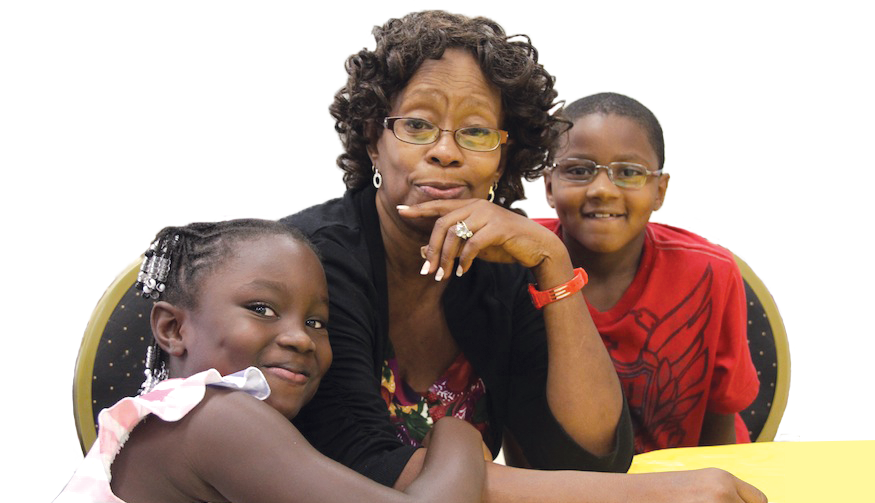Hi Friends,
Summer is an exciting time for readers like me. This is the time of year when I can grab a book and sit on my front porch or at the edge of the ocean and allow my mind to take flight. Summers give me a chance to reconnect with old friends in books I finished years ago, while discovering new writers or going back through my “To Be Read” list. I honestly believe that summer was made for reading.
 I guess that’s why I’ve been spending so much time reflecting on my own reading habits and what science has told us about reading development. What we know is that growth in reading happens at different times for different people. That said, we also know there are five clear stages that readers progress through at various times. Understanding these stages helps us support developing readers in specific and intentional ways.
I guess that’s why I’ve been spending so much time reflecting on my own reading habits and what science has told us about reading development. What we know is that growth in reading happens at different times for different people. That said, we also know there are five clear stages that readers progress through at various times. Understanding these stages helps us support developing readers in specific and intentional ways.
Stage 1: Pre-reading/Emergent Readers
During this phase, developing readers show interest in books for the first time. They should be read interesting and dynamic books.
Stage 2: Reading/Early Readers
This is the phase where you will see readers start to memorize stories and make connections between sounds and print. Help readers focus on the letters in their own name. Learning the letters of the alphabet and the sounds they represent is also important here.
Stage 3: Responding/Progressive Readers
Readers will understand that the words on the page represent a story. It’s best to help readers in this phase sound out words that are unknown using the phonics skills they gained in previous phases.
Stage 4: Exploration/Transitional Readers
More accurate and fluent reading can be expected in this phase. Helping these readers choose books that interest them is key.
Stage 5: Independent Readers
Readers in this phase will read for different purposes and start to analyze what they have read. Continue to provide them with books that match their interest.
The most important aspect of this concept is the reality that readers need not be locked into one phase. It is perfectly normal for an independent reader to approach a book that might not necessarily be on his reading level with a new set of eyes. Summer is my favorite time as a reader because there are no strict rules or lists I must cover. Readers get to slow down and savor the words on the page and make deep connections without the pressure of having to take a test afterward.
Let’s cherish these few remaining days of summer and use this time to read for pleasure, read with passion, and allow all our minds to take flight.
Dr. Tracy Bailey
Founder & Executive Director

